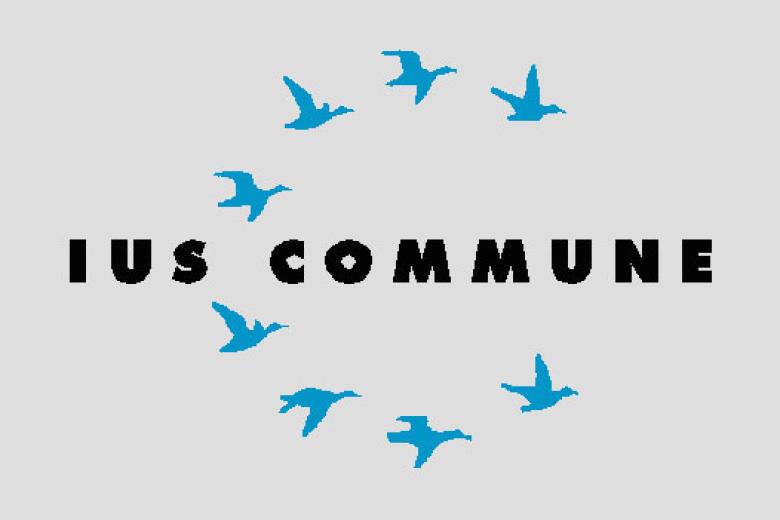Private partnerships in early modern Antwerp (1621–1791)
This dissertation investigates private partnerships in seventeenth- and eighteenth-century Antwerp (1621–1791) from both a legal historical and a socioeconomic perspective.
Whereas the legal-historical part deals with the interaction between Antwerp customary law and learned legal literature (the ‘law in books’) related to business practices in the form of notarised and privately drafted agreements (the ‘law in practice’), the socioeconomic historical part focuses on the functions a partnership could fulfil in an early modern society. The aim of this dissertation is to gain more insight into the extent to which customary law affected business practices and the extent to which entrepreneurs adhered to the rules. Additionally, this dissertation challenges the categorisation often used in the literature whereby partnerships are grouped into ideal-types, such as general partnerships and limited partnerships. Finally, this dissertation analyses the underlying arguments for entrepreneurs to opt for a partnership. For this purpose, the city of Antwerp serves as an excellent case study because entrepreneurs were forced to adapt themselves continuously to geopolitical and socioeconomic developments in the seventeenth and eighteenth centuries.
The most important legal principle that Antwerp customary law— Consuetudines impressae (1582) and the Consuetudines compilatae (1608)—and jurists adhered to regarding establishing partnerships was that entrepreneurs could resort to freedom of contract. Based on a research sample consisting of 221 notarised partnership contracts and 20 privately drafted agreements, this dissertation demonstrates that entrepreneurs used this right to create a partnership contract that conformed to but also partially deviated from the existing legal framework. Moreover, a comparison between notarised and privately drafted partnership contracts shows that a partnership had often already been in existence before a notary recorded the document. This finding indicates that entrepreneurs were capable of drawing up partnership contracts and putting them into practice without notarial assistance. Furthermore, analysing partnership contracts makes clear that partners were more concerned with internal relations than with external liability. They made agreements not only on fundamental aspects regarding partnerships, such as the division of profits and losses, but also on socioeconomic aspects.
This dissertation argues that partnerships could be established to create some form of legal security for the partners involved and their family members, to stimulate or constrain the circulation of knowledge and skills, and to prevent or resolve conflicts. In this way, partnerships contributed to economic development and played a role in addressing social issues in early modern Antwerp.
-
Known Unknowns: A Macro-Meso-Micro Socioeconomic Approach to Uncover the Dark Number of Victims of Human Trafficking for the Purpose of Labour Exploitation
These last few weeks, Minister Paul of Social Affairs and Employment of the outgoing cabinet has been in the news for unilaterally deciding no longer to gradually phase out the Dutch regulation that allows temporary employment agencies to deduct a quarter of the minimum wage from migrant workers...

-
The Decennial Jubilee of Ius Commune in the Making
On 27 November 2025, the tenth edition of the workshop series on Ius Commune in the Making took place within the 29th Ius Commune Conference organised by the University of Amsterdam. This blog entry reproduces a public address by one of the members of the organising committee of that workshop series...

-
Overriding Mandatory Rules in International Arbitration: Balancing Business Freedom and State Interests
Imagine two companies from different countries enter a business deal. They pick a neutral country’s law to govern their contract and agree to arbitrate any disputes, thinking they can sidestep each other’s national courts. But what if one country’s law absolutely prohibits something in the deal –...
